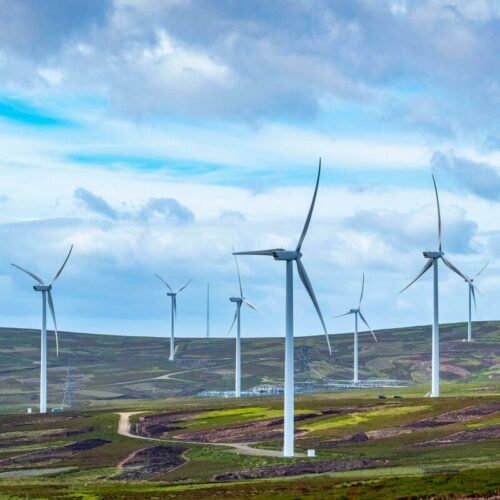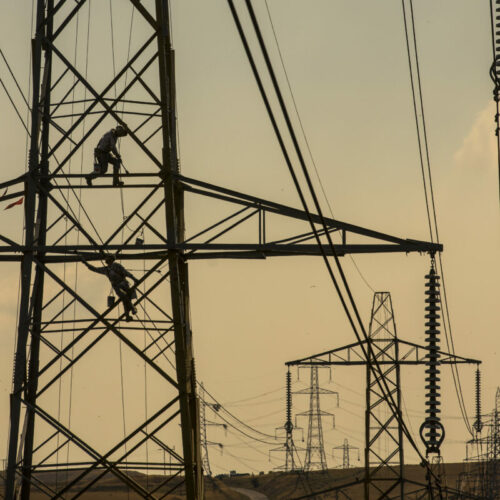The public accounts committee has questioned the value of the government’s proposed smart meter rollout.
The Department of Energy and Climate Change (DECC) is aiming to equip every home and business in UK with a smart meter by 2020. The government estimates that the national rollout will cost around £10.6 billion.
However, the committee of public accounts has questioned the value of the rollout to the consumer. As things stand, energy bill payers will foot the bill for the scheme. However, the committee is concerned that the average bill payer will only save £26 on the average bill, equating to a saving of just under 2%.
.
Margaret Hodge MP, chair of the committee of public accounts said: “The costs of installing 53 million smart meters will be borne by consumers through their energy bills. It will cost around £215 per home or small business over the next five years to install the meters – an additional cost people can ill afford.
“Despite consumers footing the bill, they can on average make a saving of only 2% on the average annual bill of £1,328 by the time the roll out is complete.”
Hodge notes that DECC is “depending heavily on assumed competition” – something that energy companies do not have a strong record on, evidenced by Ofgem’s referral of the energy market to the Competition and Markets Authority.
Hodge continues: “The lack of clarity on the impact of smart meters on vulnerable and low income consumers is particularly concerning. Many of those consumers currently use prepayment meters, but there is no regulatory obligation on companies to provide prepayment smart meters. DECC must ensure vulnerable and low income households get the benefits available from smart meters.”
The committee has also warned that the smart meter rollout could be out of date already. The committee notes that the fast pace of technology could render an in-home display redundant — with customers able to receive information on their smartphones.
Hodge concluded: “The department must monitor progress, costs and benefits during roll-out to identify whether changes are needed to secure the delivery of smart meters at minimum cost to consumers.”
Commenting on the report, Good Energy founder and chief executive, Juliet Davenport OBE said: “Whilst smart metering is a tool that can help reduce energy usage in households and put customers in control, the costs of setting up the internal infrastructure is going to be disproportionately high for smaller energy suppliers. We are working hard with DECC to try and improve this, but we do question whether the household units will be right for every customer, where an app might be just as good and much, much cheaper.”
.





